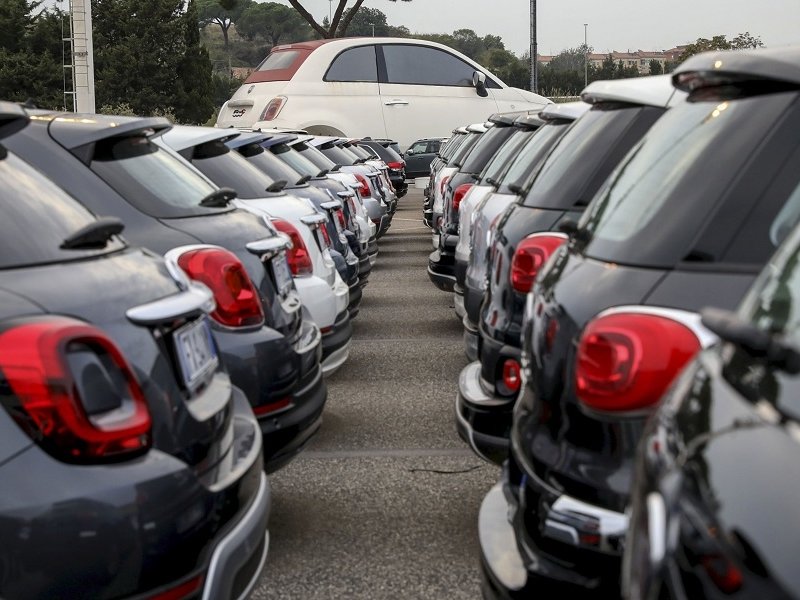
PARIS — PSA Group has laid the groundwork for a possible revision of the terms of its combination with Fiat Chrysler Automobiles.
PSA and FCA agreed in December to each pay an ordinary dividend of 1.1 billion euros ($1.2 billion) to shareholders as part of their planned merger to create the world fourth-biggest auto manufacturer.
The deal was negotiated before the coronavirus pandemic halted car production and triggered a worldwide slump in demand, almost halving the companies’ share prices.
As PSA Chief Financial Officer Philippe de Rovira detailed the severity of the damage inflicted by the health crisis on PSA and the broader European car industry, he said there has been no final decision on the payout. The company has postponed its annual general meeting to June 25 from May 14, delaying any confirmation.
The planned move “remains an open question” and any change would have to be agreed by both PSA and FCA as specified in the merger deal, De Rovira said during a call with analysts on Tuesday.
PSA has not made any comment on the financial terms of the agreement, he added.
A spokesperson for Fiat declined to comment.
PSA, which builds Peugeot, Citroen, Vauxhall and Opel vehicles, is one of the most vulnerable to a downturn in Europe, where the virus outbreak has paralyzed public life.
Car sales in the region fell 52 percent in March, the most on record, as showrooms closed and production came to a halt. PSA has forecast the European market could contract by a quarter this year and around 80 percent in April.
One factor weighing on European companies as they consider shareholder rewards are warnings from countries including France and Germany that aid packages such as state-backed loans or bailouts won’t be extended to those paying dividends.
PSA hopes to avoid tapping French government loans, which could complicate the merger with FCA.
“We have not taken any loan guaranteed by any state,” De Rovira said. “We want the company to be as free as possible of public dependence.”
PSA posted a 16 percent slump in first-quarter sales. The company has slashed costs, shed its temporary workers and put about 90 percent of full-time employees on government-paid furlough schemes in a bid to shore up liquidity.
De Rovira said any decision to restart factories in Europe would have to be accompanied by a reopening of dealerships to avoid a build up in inventories.